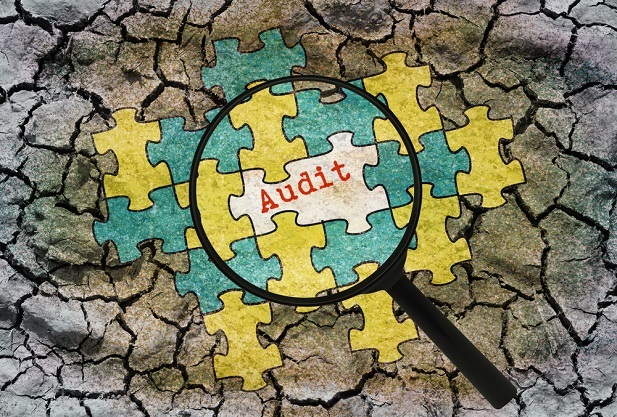
In June 2022, the U.S. Internal Revenue Service (IRS) launched a pre-examination pilot program for retirement plans that could help employers avoid costly penalties. The program aims to reduce the burden of, and time spent on, retirement plan audits, which are typically a time-consuming endeavor for plan sponsors. The program ultimately should be good news for plan sponsors in terms of both financial penalties and, presumably, a more efficient audit process.
Under this program, the IRS will notify retirement plan sponsors that their plan will be subject to an upcoming audit. Plan sponsors will then have a 90-day window to review, identify, and—in certain circumstances—correct any plan document or operational compliance errors they discover. Plans that do not respond within the 90-day window will be subject to a full examination, so it is important for employers to quickly identify and address any issues.
Recommended For You
During the 90-day window, plan sponsors can self-correct any plan documents or operational errors that are eligible for self-correction under the IRS's EPCRS Self-Correction Program guidance, which was most recently updated in Revenue Procedure 2021-30.
Plan sponsors may request a closing agreement for any errors that are ineligible for self-correction. Notably, however, if an error is self-identified through the pilot program, the IRS will utilize the Voluntary Correction Program (VCP) fee structure under EPCRS in determining the amount of any applicable financial sanction, rather than the Audit Closing Agreement Program (Audit CAP) fees typically assessed in a full examination. VCP fees are significantly lower than Audit CAP fees.
Once the IRS reviews the plan's response to the pre-examination inquiry, it will issue a closing letter if it is satisfied with the plan's actions. Otherwise, it will determine whether to conduct a limited- or full-scope audit.
Before the IRS implemented this pilot program, self-correction was available only to plans under audit in limited circumstances. Plans under audit were not eligible to correct under the VCP program. Thus, the program gives employers an additional chance to identify operational errors and self-correct them after the plan has been targeted for audit.
Action Steps for Employers That Receive a Pre-examination Letter
- Contact ERISA counsel and consultants immediately to aid in plan document and operational review.
- Identify any potential errors in plan documents and/or operations.
- Work with ERISA counsel to determine the appropriate correction available for any identified errors.
- Work with ERISA counsel to respond to the IRS letter within the 90-day window.
Natalie Miller is an of counsel attorney at Spencer Fane LLP in the firm's Overland Park, Kansas, office. She advises benefit plan providers, administrators, and employers on matters related to ERISA and the tax code that impact employer-sponsored benefit plans. She proactively helps clients navigate the complex regulatory requirements governing employee benefit plans by partnering on an array of matters including day-to-day plan administration, plan governance, and correction of operational issues.
From: BenefitsPRO
© Touchpoint Markets, All Rights Reserved. Request academic re-use from www.copyright.com. All other uses, submit a request to [email protected]. For more inforrmation visit Asset & Logo Licensing.



